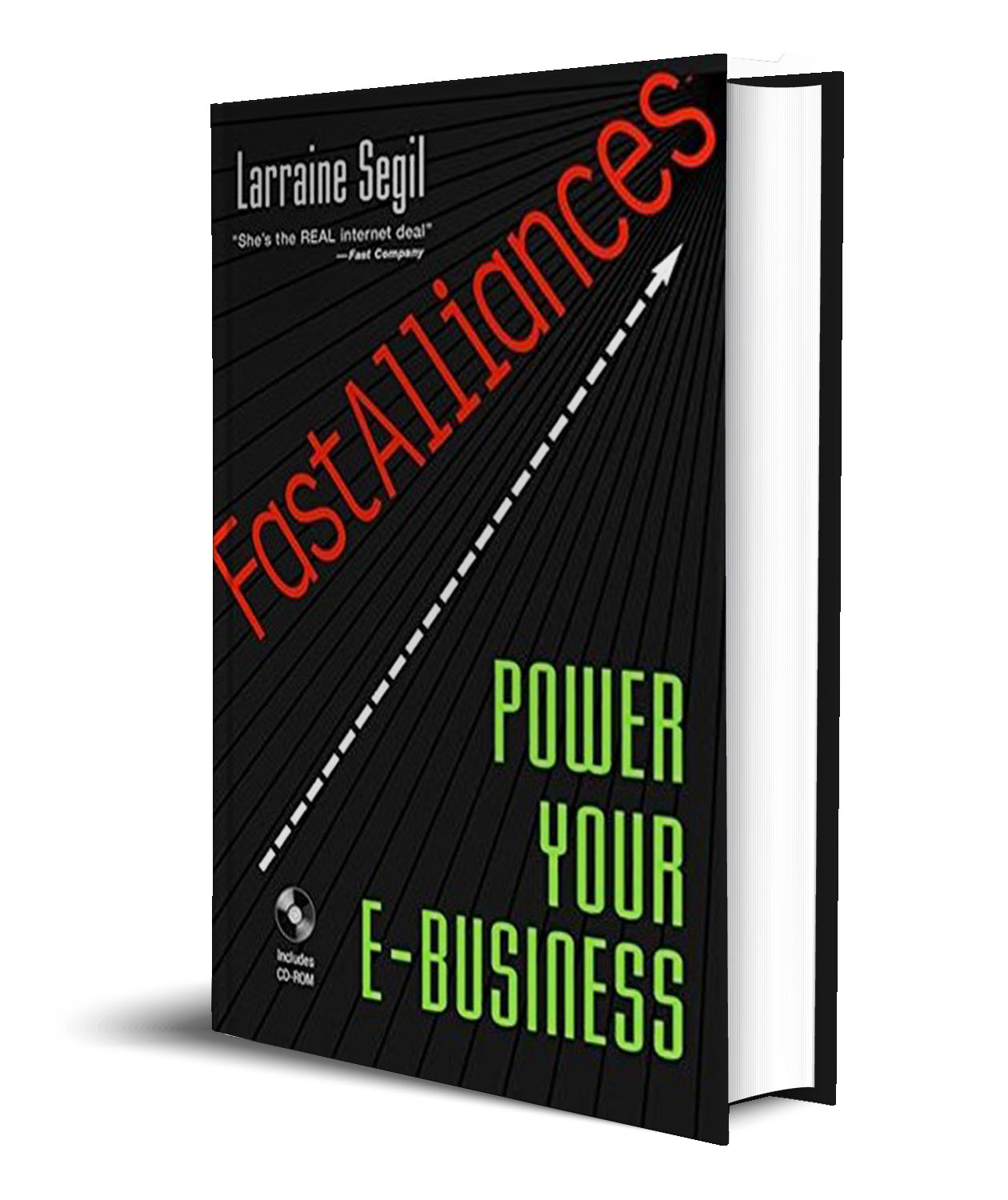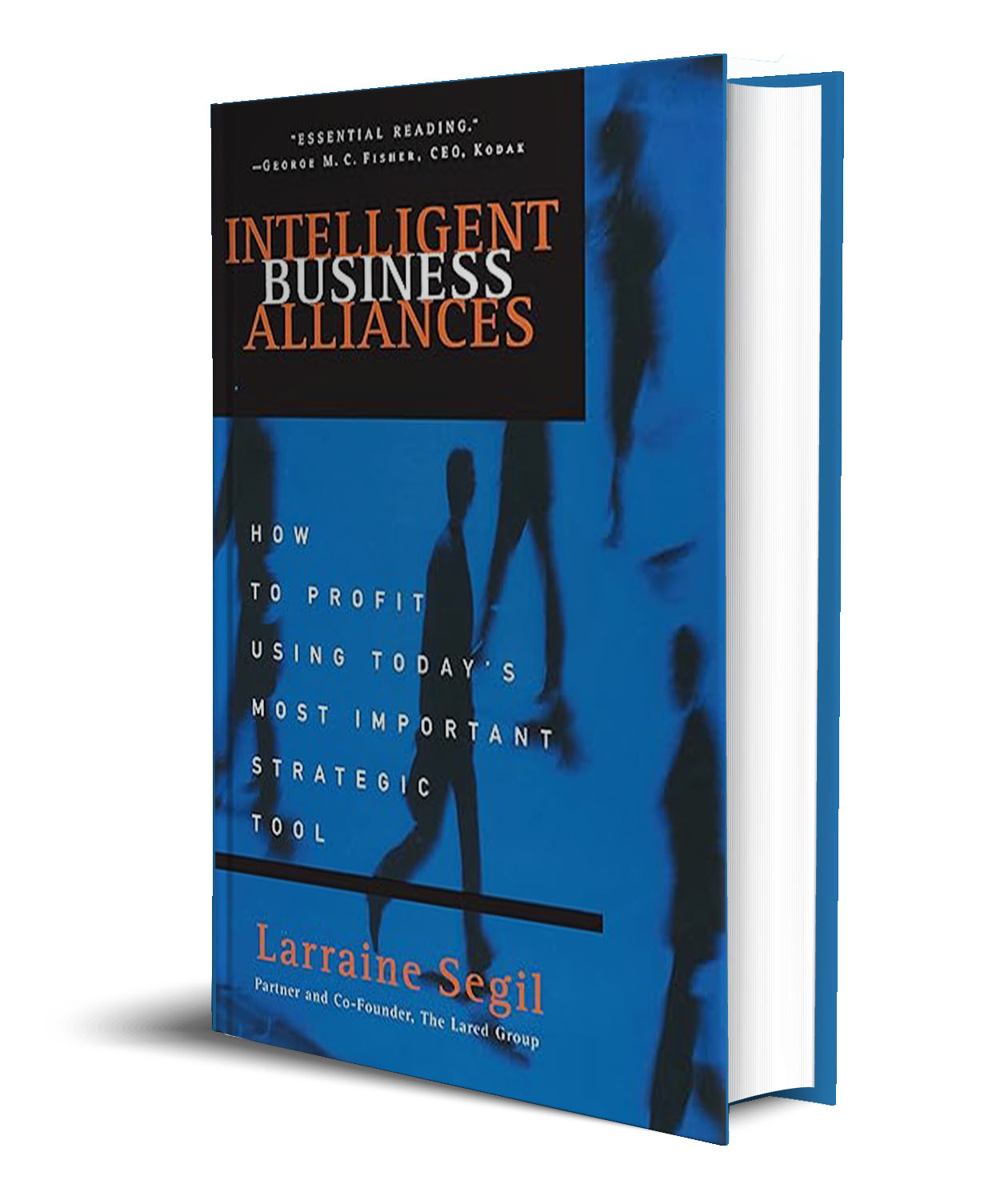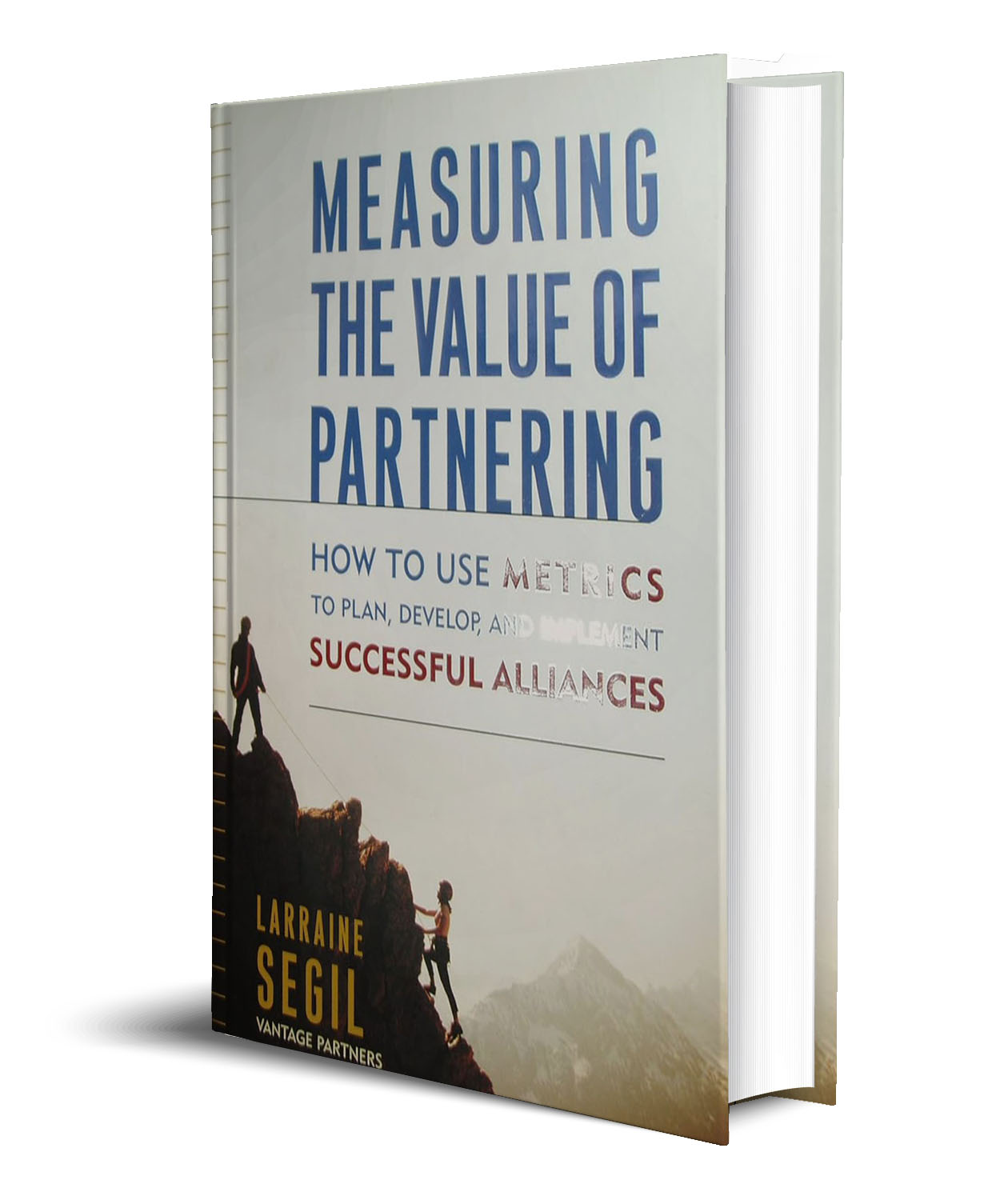Try Before You Buy
CFO Magazine
May 2006
Companies are using alliances to take the risk out of acquisitions.
By Don Durfee – http://www.cfo.com/article.cfm/6874899/5/c_6880743
What to ask when a large buyer comes knocking.
Seller Beware
If the dominant player in your industry approaches your small company for an alliance, should you be flattered or fearful?
Perhaps both. Alliances, whether licensing deals or joint research projects, can bring big benefits to start-ups. These range from the validation of a product idea to financing, distribution clout, and a possible exit in the form of an eventual acquisition.
But they also carry risks. The biggest is that the small company might not fetch as high a price as it would in a straight acquisition. The large company wants to pay no more than necessary – or nothing at all, in the event it decides the small company isn’t a good buy after all.
The large company’s concerns often lead it to insist on terms such as right of first approval, standstill agreements, or prenegotiated sale prices. Such terms impose a cost on the small company by limiting its ability to encourage a bidding war. At a minimum, says Larraine Segil, a principal with the Los Angeles office of Vantage Partners, the smaller company needs to have a “what if” discussion with its larger partner. “Are we actually doing a trial to lead to a merger?” she says. “You need to put that issue on the table so that you can talk about some valuation mechanisms.”
Another danger is giving away too much to the larger partner. “One mistake that many young entrepreneurs make is to succumb to the allure of exclusivity,” says John Hession, a partner with McDermott Will & Emery in Boston. “They sign a worldwide licensing deal that’s ten years long. But in the process, they inadvertently become a subsidiary of the larger company without ever being paid for it.” The licensing deal will yield the smaller company only a fraction of the product’s market value. And if the larger company decides not to buy the start-up after a few years, it may be too late to find another buyer, because the technology will have changed too much in that time. Hession recommends pushing for shorter deals – ideally, two years with no automatic renewals.
A third risk is that a licensing partner will miss the sales targets that the two companies had agreed on. When this happens, says Hession, the larger companies typically offer to compensate the licensor by rendering the deal nonexclusive. Be careful, says Hession: “If a company like IBM signed an exclusive deal but blew its sales thresholds, would Sun [Microsystems] really pay the same price for the technology, knowing that its competitor has a year’s head start?” A better solution – and one that requires tough negotiation – would be for the small company to secure the option of either canceling the licensing deal or insisting that the large company pay the difference between the sales it achieved and what it promised. “You don’t want to trade too much for that large-company support,” says Hession. – DD






Leave a Reply
You must be logged in to post a comment.